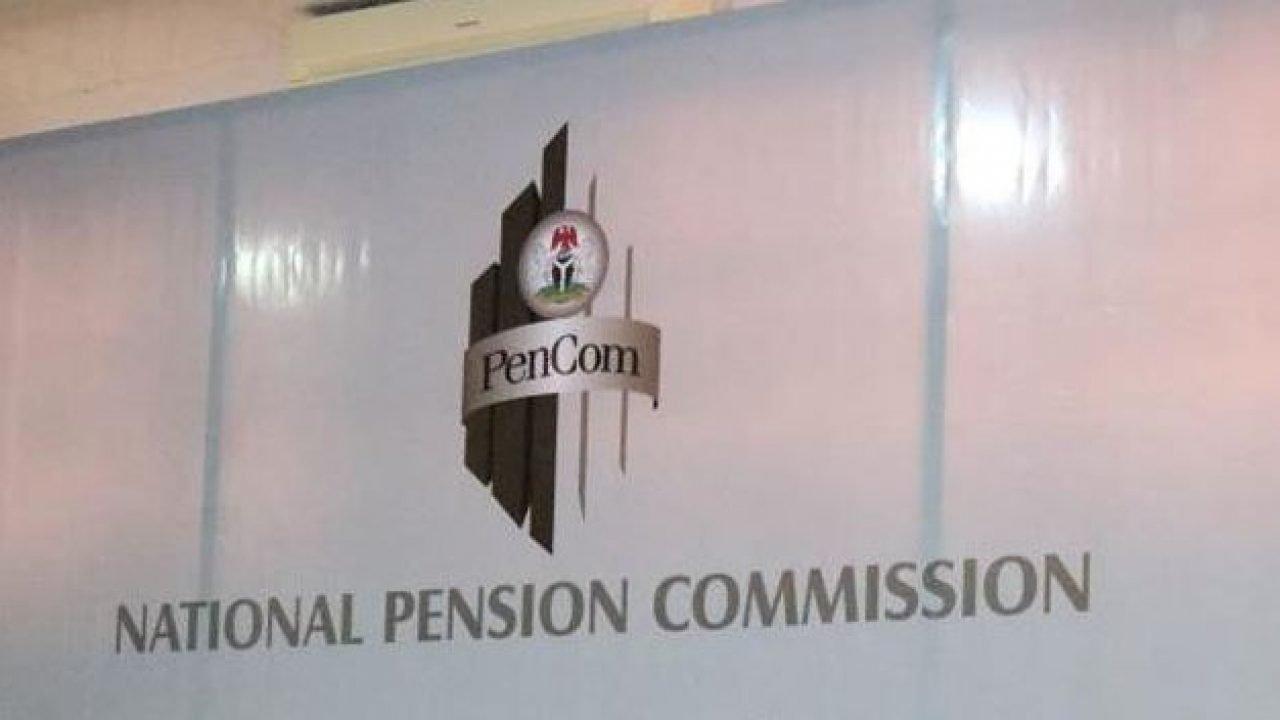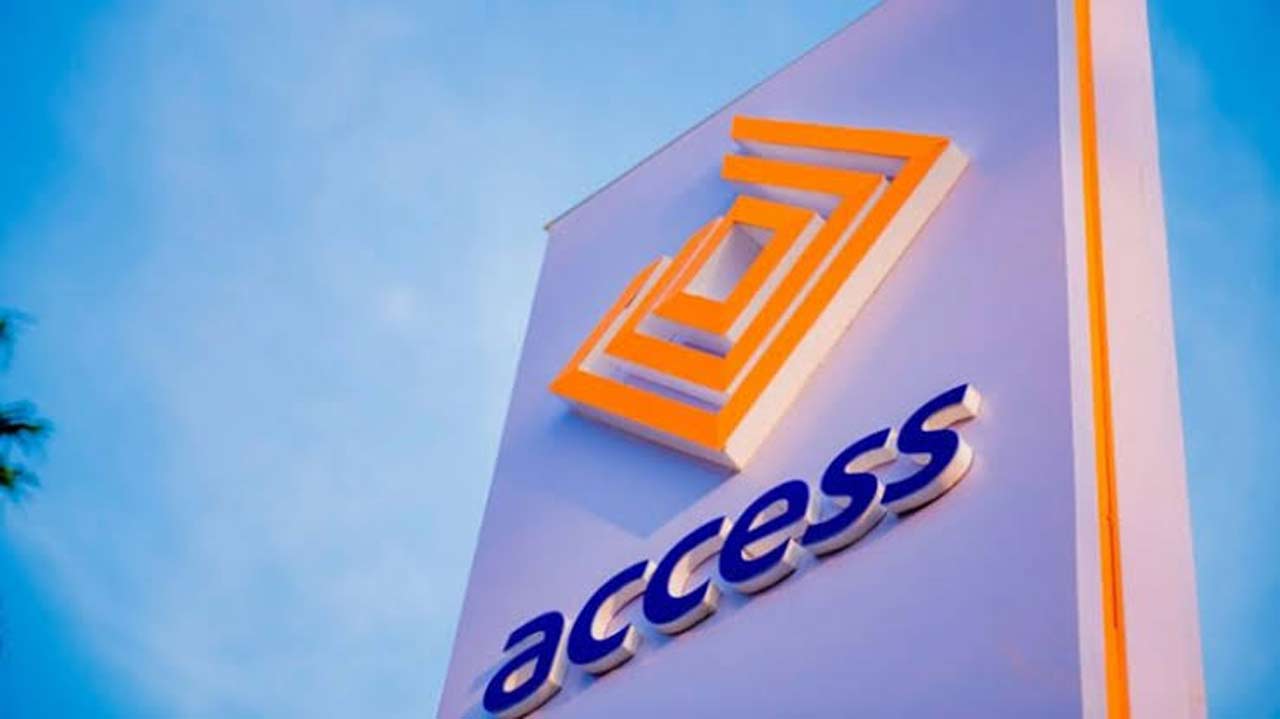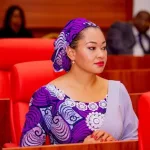The Pension Fund VI designed by the National Pension Commission, (PENCOM), for Shariah-compliant workers and investors would create new instruments in the non-interest finance market in 2022.
Mrs. Abimbola Sulaiman, Head, Investment Management, ARM Pension Managers (PFA) Limited, made this assertion while providing her perspective on “Assessing Shariah Pension Fund VI & Issues Facing RSA Holders in Nigeria,” monitored via WebTV in Lagos.
She said this would also increase investable assets and shariah-compliant opportunities in the Nigerian financial market. She added that exploring products that cut across Sukuk, other Halal income type structures, real estate, and infrastructure would be an opportunity.
Join our WhatsApp ChannelThe finance expert was optimistic that the Pension asset would contribute to the development of the country’s real sector but stressed that the primary investment goal for pension savers was to ensure that they improve their purchasing power, meaning that pension investment returns should exceed inflation.
She noted that the areas where pension investments still face gaps include; infrastructure financing, infrastructure debt, equity, and real estate.
She believed that the pension investments in 2022 would cover areas like the FGN instruments, debt, equity, and corporate fixed income issuers.
She gave an overview of Shariah Pension and what it means to individuals investing in a life pension plan. She said a non-interest fund was recently introduced to the retail pension scheme, and the multi-fund structure started in 2018 for people to select retail funds that they prefer for subscription.
In 2019 she noted that the micro pension was introduced, while in 2021, the RSA fund VI was introduced to serve those aligned with Sharia principles for investing.
“Pencom Fund VI is for ethical investors who are not investing in interest-bearing products or sectors such as gambling, pornography, alcohol. It is for the people that their values align with Sharia investing principles,” She added.
According to her, it is an excellent development and a compulsory pension scheme. The National Pension Commission, (PENCOM) has been very deliberate to ensure that products align with risk profiles.
She said Fund VI allows people already in the pension scheme who do not have the opportunity to opt-out to remain in the scheme and make sure their investments align with their fundamental/ religious values. The aim of the Nigerian Pension industry since 2004 was to evolve into a leading global market.
In looking at investments and why many pensioners are denied access to their funds, she said this led to the reforms of 2004. The amendment in 2014 was primarily defined benefit and was largely underfunded. Still, the pension reform act has addressed solved the challenges. According to her, pensioners in the contributory pension scheme, managed by the PFAs, have been sorted out and supported by effective regulations.
She added that the process of accessing funds in the Contributory Pension Scheme was straightforward. According to her, the pensioners facing pension fraud are not in the contributory pension scheme because PFAs manage the assets in the scheme, and are held by Pension Fund Custodians (PFCs) in a tight and secured system.
Speaking further on pension fraud, she said accessing pension funds upon retirement is transparent as there is an option for the pensioner to stay with his or her PFA. At the same time, they could withdraw or transfer to an insurance provider and access annuity products. She acknowledged that the new “Contributory Pension Scheme” is safe, seamless, and easy to access by retirees.
On the recent Economic and Financial Crimes Commission (EFCC) report that corruption in the Nigerian Pension Scheme increased to about an N157billion, Mrs Sulaiman said that pension-related fraud cases occurred outside the contributory pension scheme.
She, therefore, called for broader coverage of employees in the public and private sectors to deepen participation in the scheme under PRA 2014.

















Follow Us